Notion is a powerful productivity tool that offers a variety of features and functions to help you organize your life and work. However, as with any software, Notion can sometimes become slow and sluggish, which can negatively impact your productivity and efficiency.
Luckily, there are several things you can do to speed up Notion and optimize its performance. In this blog post, we'll guide you through some helpful tips and tricks to speed up your Notion.
Before we jump into the best ways to make Notion faster, be sure to check out all the newest Notion templates on our website or skim through our best free Notion templates article if you want to see more cool stuff you can use in Notion!
{{cta-1}}
Use the Notion Desktop App
While using Notion in a browser can be convenient, it may not be the best option for performance. Instead, consider using the dedicated Notion app, which is optimized for speed and stability. The app can provide a smoother user experience and help you stay focused on your tasks.
The Notion Desktop App is available for both Windows and Mac, and you can download it from the Notion website. Once you've downloaded the app, log in to your account, and you're ready to go. You can download Desktop Notion App here: notion.so/desktop
Additionally, it's essential to ensure a stable internet connection while working with Notion, as a poor or intermittent connection can also contribute to sluggish performance.
Compress All Your Images
Notion allows you to add images to your pages, which can help to make them more visually appealing. However, large image files can slow down your page's loading time. To speed things up, try compressing your images before you upload them to Notion.
You can use a tool like TinyPNG or Squoosh to compress your images without compromising quality. This applies to all kinds of images, including page covers, custom page icons, cover images in Gallery views, and Image blocks.
By compressing your images, you can ensure that your cached images will load faster in the future.
Limit the Number of Linked Databases on a Page
If you use Notion's linked databases feature, you may find that your Notion pages load slowly. Factors such as the number of databases, load limit, number of properties shown, and layout can all impact speed.
To speed things up, consider using tables instead of galleries and avoid arranging Linked Databases in columns. This can help to reduce the number of requests that Notion needs to make to load your page.
Use Toggles
Toggles are a great way to reduce page load speed. By nesting blocks within a toggle, you can easily show or hide them with a click, which helps to reduce the amount of content that Notion needs to load.
Toggles come in different forms, such as toggle blocks, headings, and lists, making it easier to keep your Notion page tidy.
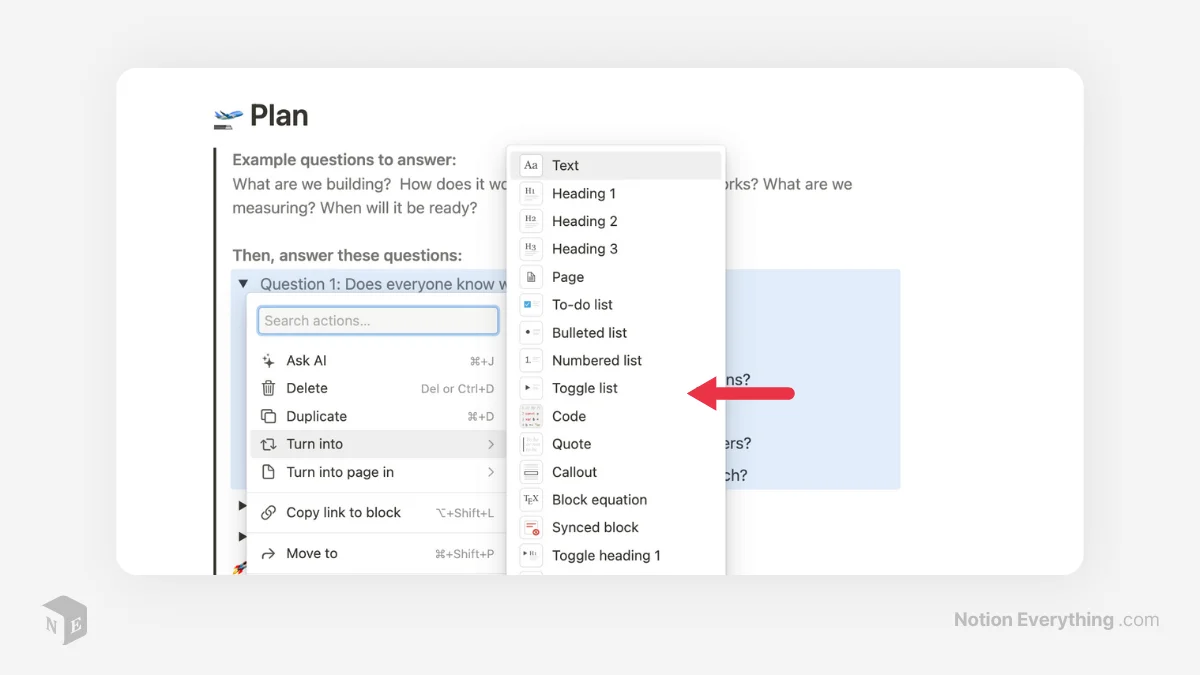
Adjust the Load Limit for Databases
By default, Notion loads a certain number of pages at one time. However, you can adjust the load limit to improve performance and stay focused.
To adjust the load limit, click the menu icon, select "Load limit," and choose a new limit from 10 to 25 Notion pages. This can help to reduce the amount of content that Notion needs to load at once.
Also, your internet connection directly affects Notion's ability to sync your data in real-time and collaborate with team members efficiently, so investing in a stable connection is an investment in your productivity.
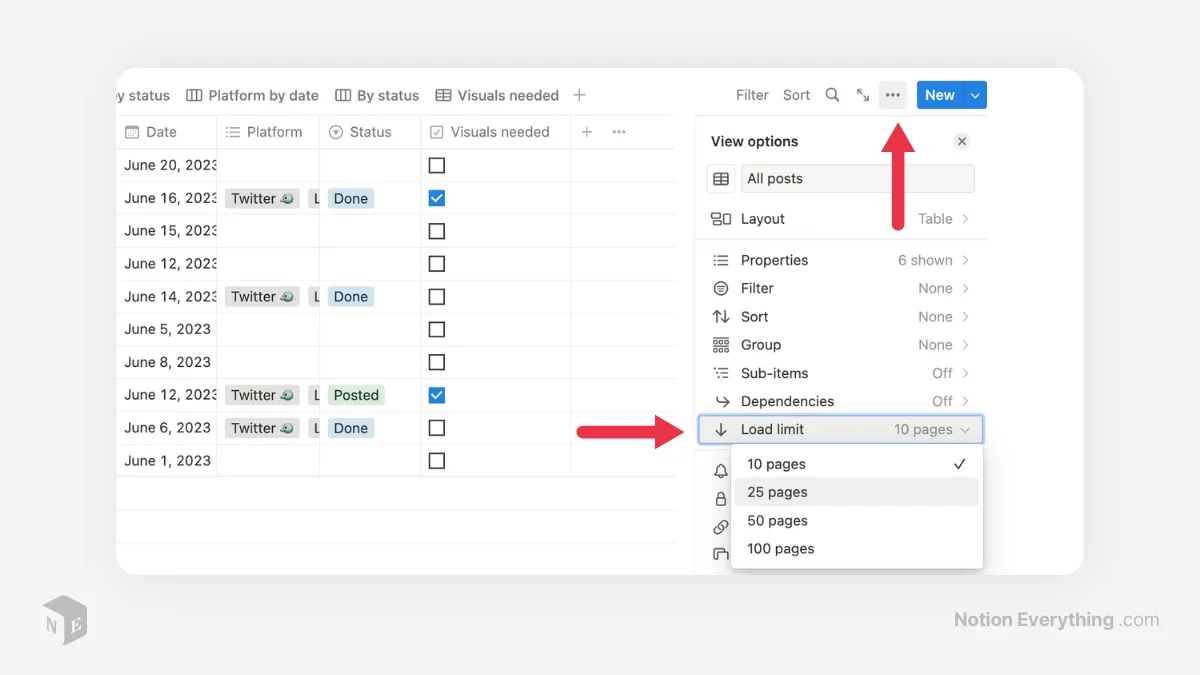
Reconsider Your Widgets
Widgets are a great way to add extra functionality to your Notion page, but they can slow down your page's performance. If you use too many widgets, they can mean constant data requests, especially for real-time updates.
To speed things up, limit the number of embeds or use Toggle blocks to nest them. This can help to reduce the number of requests that Notion needs to make to load your page.
Regularly Archive Old Content
For more complex databases, consider periodically removing the first few months of data. This can help to reduce the amount of content that Notion needs to load at once.
Don't worry, make a backup copy of your Notion workspace first, and then remove the data. This way, if you need anything later on, you can restore it.
How to back up your data:
- Export Your Workspace:
- Go to Settings & members > Settings.
- Scroll down and click "Export all workspace content."
- Check your email for a download link (expires in 7 days).
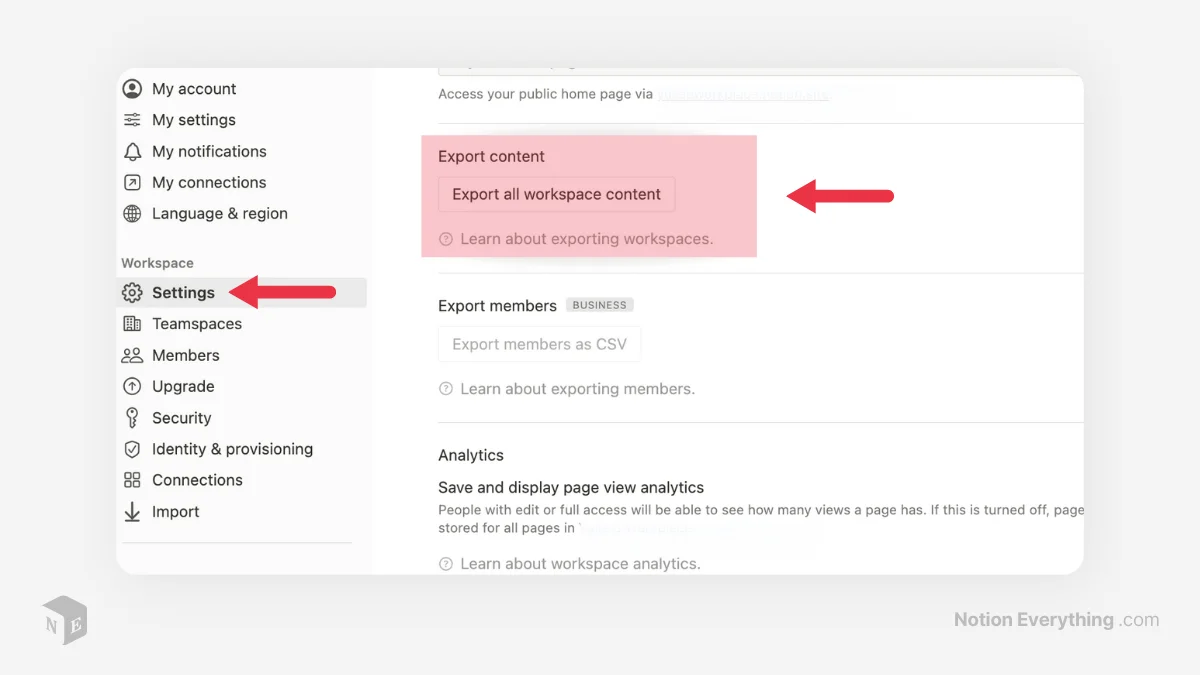
- Restore from Trash:
- In the Trash section, find the page and click the curved arrow icon to restore it.
- Restore from Page History:
- Click the ••• menu > Page history.
- Select a previous version to copy specific content or click "Restore version" to revert to it.
Remember to perform these actions on desktop or browser, not mobile.
Clear Your Cache
Clearing your cache is a quick and easy way to speed up Notion on your desktop or browser. When you use Notion, your browser or desktop app stores certain data, such as images and files, in its cache. Over time, this cache can become bloated and slow down your Notion experience. By clearing your cache, you can free up space and give your app a performance boost.
To clear your cache on Windows, follow these steps:
- Make sure Notion is closed
- Go to C:\Users<USERNAME>\AppData\Roaming (replace USERNAME with your Windows user login). If you can't find it, try showing hidden folders.
- Delete the "Notion" folder
On a Mac, the process is even simpler:
- Open Notion
- Go to the menu bar and select "Reset App and Clear Local Data"
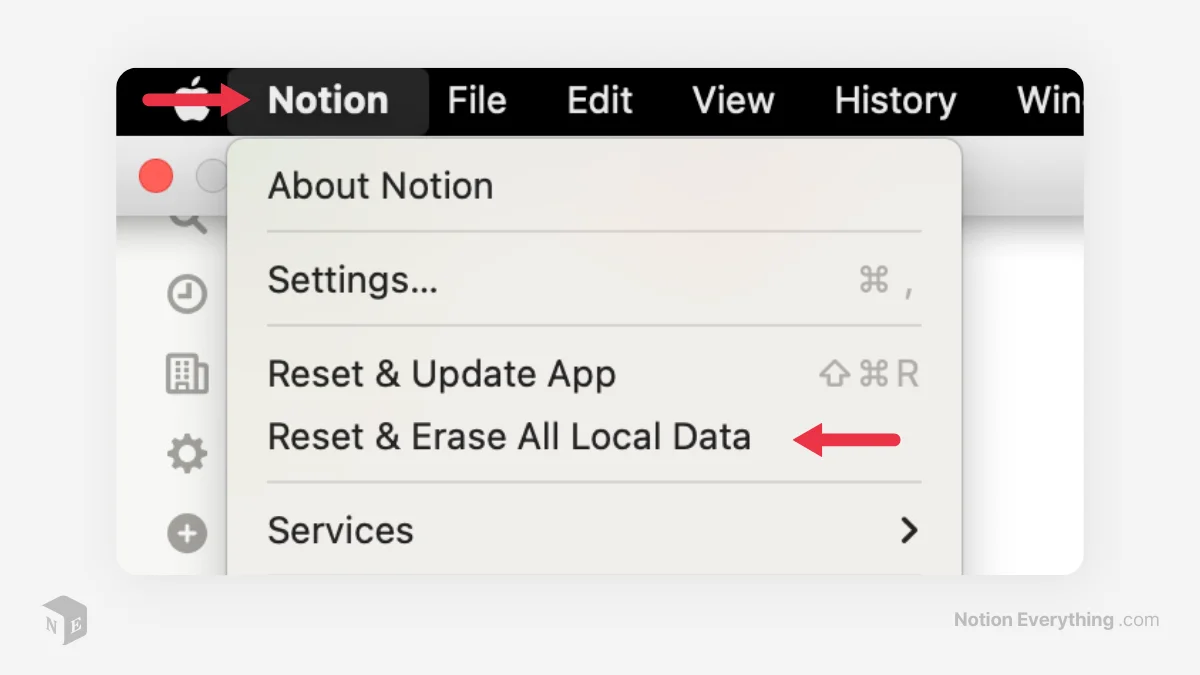
If you're using Notion on the web, you can reset your cookies/cache/site data in your browser settings.
Using Filters in Linked Databases
Linked databases are a powerful tool in Notion, allowing you to connect different databases and access information from one central location. However, having too many linked databases on a page can slow down your Notion experience. That's where filters and groups come in.
Filters allow you to quickly find the information you need by hiding or showing specific pages in your Notion setup. For example, if you have a database of tasks, you can use a filter to only show tasks that are due in the next week.
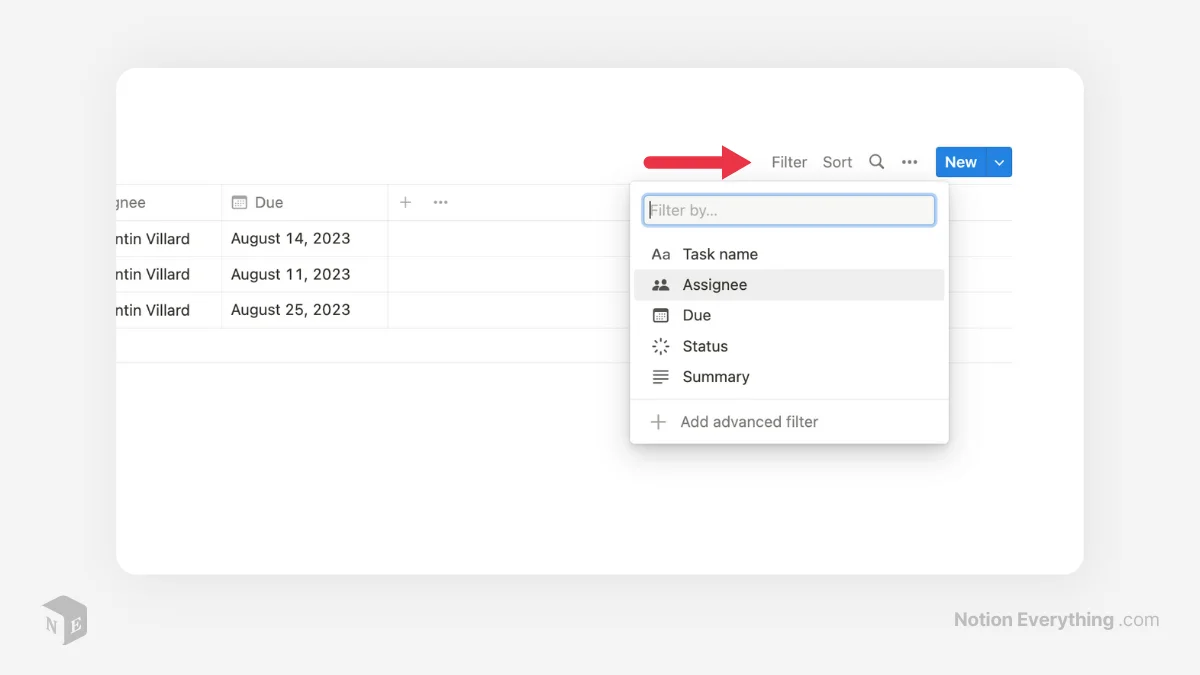
Minimizing Third-Party Tools
Finally, minimizing the number of third-party tools you use in Notion can also help speed up Notion users experience. While Notion offers a variety of features out of the box, there are also many third-party tools and extensions available that can enhance your Notion experience. However, having too many extensions can slow down your app and negatively impact performance.
If you do use third-party tools, consider uninstalling any that you don't use regularly, or only turning on the ones you really need. Notion Enhancer is a popular extension that offers a variety of additional features, but you can toggle its extensions on and off as needed.
Frequent data requests, often triggered by third-party tools, can significantly slow down your Notion experience, so it's vital to streamline your workspace and optimize your online presence for smoother operations.
In conclusion, optimizing your Notion experience is key to staying organized and efficient. We've explored 10 actionable tips to accelerate your Notion page's performance, ensuring smoother navigation and enhanced productivity.
By compressing images, utilizing the Notion Desktop App, and employing toggles, you can create a more streamlined and responsive workspace. Adjusting load limits for databases, managing widgets, and employing filters in linked databases further contribute to a faster Notion experience. If you've ever found yourself frustrated with Notion slow performance, these tips can be a game-changer in optimizing your workflow and productivity.
For additional insights and ideas to supercharge your Notion journey, check out these highly relevant articles from our blog:
- Best Notion Templates for Streamlined Freelance Work
- Optimizing Notion for Efficient Project Management
- Notion Templates Tailored for Writers and Content Creators
- Maximizing Productivity with Notion's Calendar Templates
- Crafting Your Perfect Notion To-Do List with Templates
- Unleash Your Creativity: Notion Journaling Templates
- Notion Habit Tracker Templates for Building Productive Routines
- Achieve Your Goals with Notion: Templates for Progress
- Organize Your Culinary Adventures: Notion Meal Planner Templates
- Notion Travel Templates: Navigate Your Journeys with Ease
By incorporating these valuable insights and templates, you can tailor your Notion workspace to match your unique freelance needs and elevate your productivity to new heights. Stay organized, stay efficient, and thrive with Notion.


.webp)
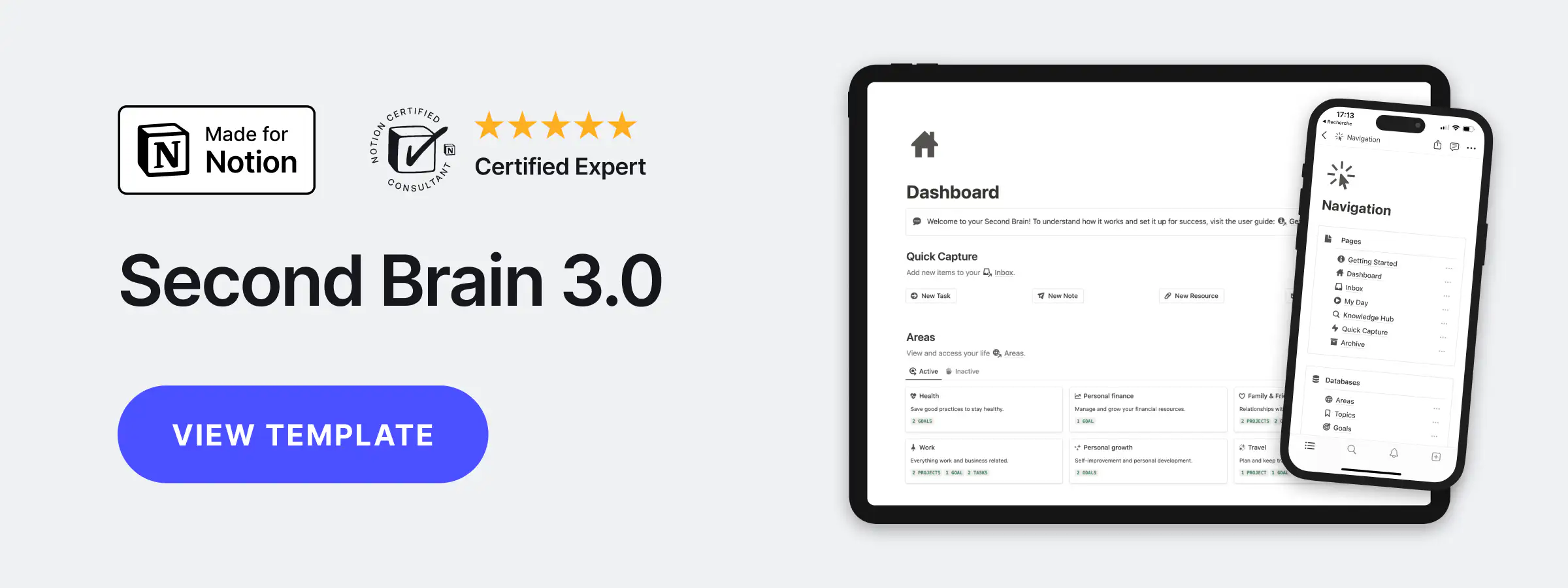



.webp)


